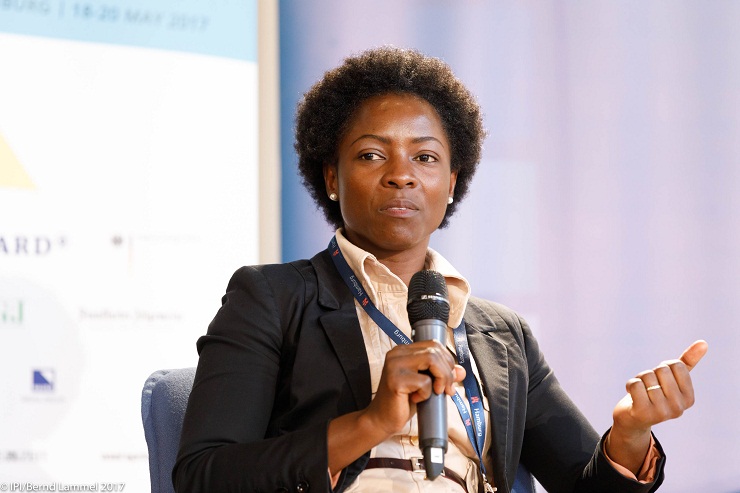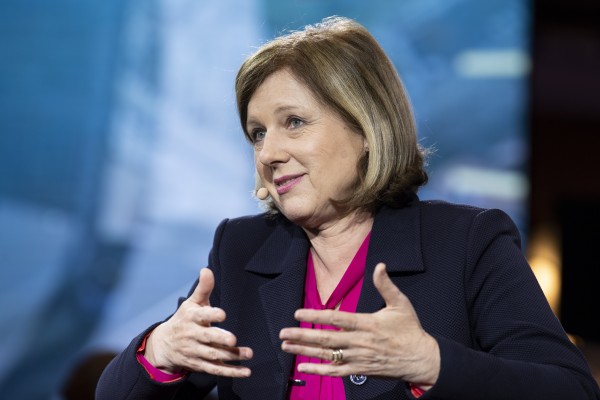The International Press Institute (IPI) this year proudly welcomed Zambia’s The Mast, a newly founded independent newspaper, as a corporate member of its global network for media freedom.
The Mast was founded by IPI World Press Freedom Hero Fred M’membe and his wife, Mutinta Mazoka-M’membe, after M’membe’s previous publication, The Post, was liquidated in June 2016 by Zambian authorities, following years of official harassment over its critical reporting.
The Mast has also been a target of pressure from its founding. The Zambian government has tried to prevent the printing of the paper on numerous occasions, and the liquidator is now seeking its dissolution, alleging that the paper’s leaders converted assets from The Post. Like its predecessor, The Mast must be printed in secret and its distribution is limited.
(Read IPI’s 2016 report on press freedom in Zambia: A Shadow over Democracy.)
The Mast is headed by Editor-in-Chief Joan Chirwa, who previously served as managing editor at The Post, where she started as a correspondent in 2005. In May, Chirwa joined IPI’s 2017 World Congress as a speaker during the opening Town Hall panel.
IPI recently spoke by phone to Chirwa about The Mast’s founding, its role as an independent voice in Zambia’s challenging media landscape, and the obstacles the paper is currently facing.
IPI: Can you tell us about The Mast and why it was founded?
Chirwa: We are an independent, now nine-month-old newspaper focused on providing critical views for the people of Zambia. Our goal is to keep the government in check. We are trying to give people a voice that isn’t provided by government-owned media.
IPI: Why did you decide to work for The Mast?
Chirwa: I was working at The Post when they closed. We were closed because we believed in bringing out the issues that we thought people need to hear. That cost us our jobs. I decided to continue with The Mast because I still had a passion for journalism and a free media. I could have gotten a job in a media institution funded by the government, but fighting for press freedom can only be done in an independent media outlet.
IPI: What kinds of challenges is The Mast currently facing?
Chirwa: We had trouble right from the beginning. We have been forced to operate without a printing press. It was seized because The Post was considered an illegal newspaper. We still don’t have our own printer, other people have to print the paper for us. Every day, we have to go around and see who can print for us. We are of course prepared for the worst, because from the very beginning we knew what we were getting into. We are not going to have it easy.
IPI: How important is the IPI network, and international solidarity more generally, for you and your colleagues at The Mast?
Chirwa: We decided to join IPI because it is a critical institution fighting for press freedom. After seeing the support The Post got from IPI, it is good to know there are other people around who are standing with us. There has to be someone to speak for you when you can’t speak yourself. There have to be partnerships, and you need to be a part of an institution.



